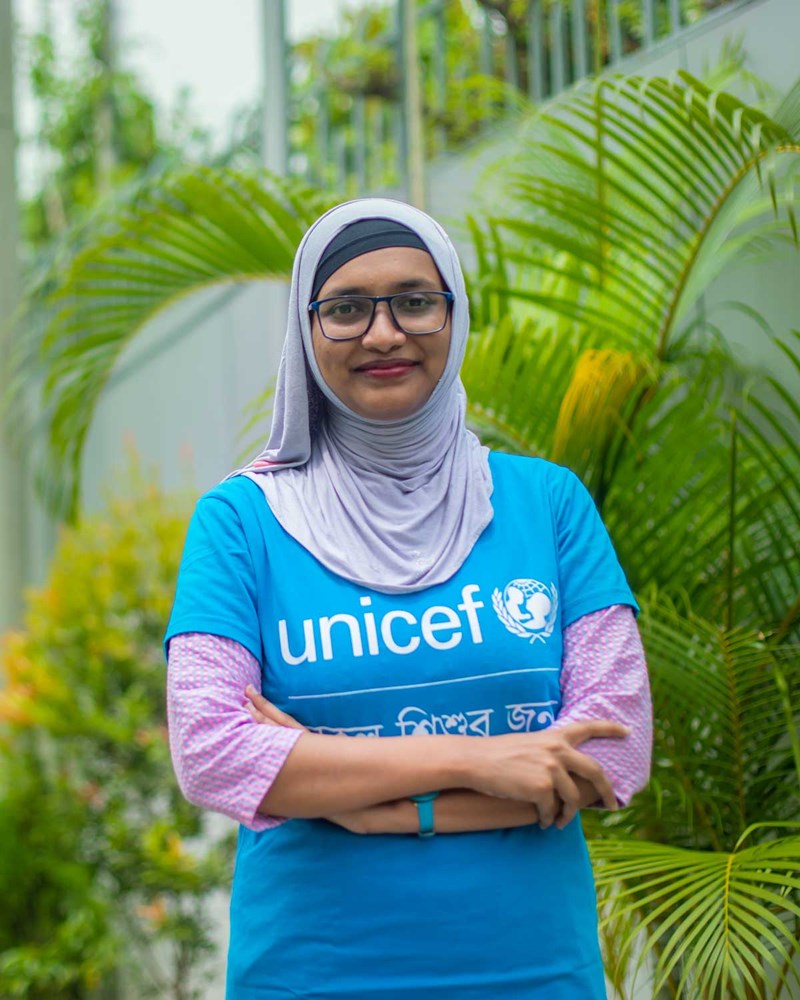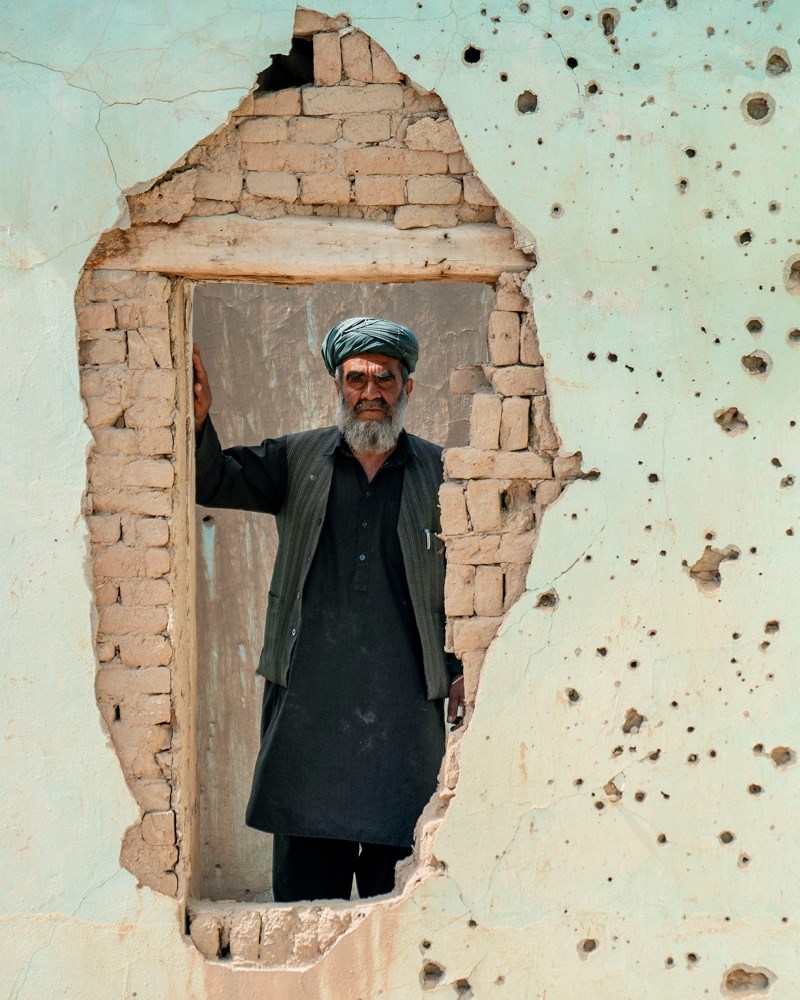Asif Saleh, the executive director of BRAC, does not mince his words. "The urgency is very real, and the pace of action and adaptation needs to be in sync with the destruction of the climate," he tells Philanthropy Age on the sidelines of COP28 in Dubai. “We have so many crises around the world… the resources are getting very stretched, so we have to do more with less.”
And his message to philanthropists and other funders is clear: ditch the obsession with moonshots and focus on locally-conceived and led solutions instead.
“Too often we think about innovation from a very fancy, product driven innovation that's going to change the world,” he said. “But the reality is, there are already a lot of solutions out there, they just need financing to scale.”
On the first day of COP28, the conference leadership announced that the long-talked about Loss and Damage Fund had secured commitments exceeding US$700m and would soon be operationalised.
Managed by the World Bank, the L&D Fund will provide technical and financial assistance to developing countries vulnerable to the adverse effects of climate change.
Saleh described the announcement as a “very big deal” but said there was still a long way to go and that the fund would “need billions not millions” to have an impact. He also added that governments need to look not just at repairing damage but also the perspective of adaptation and building resilience to help people withstand future shocks.





